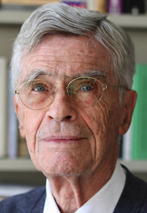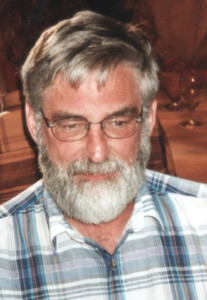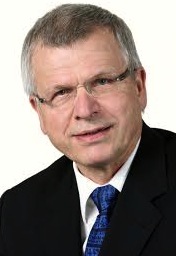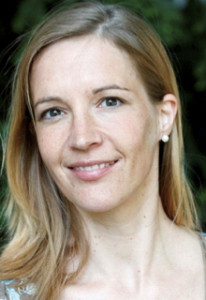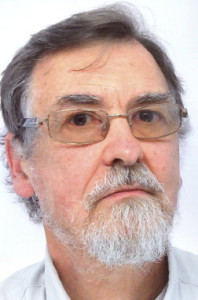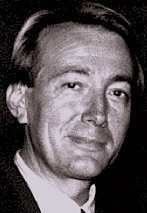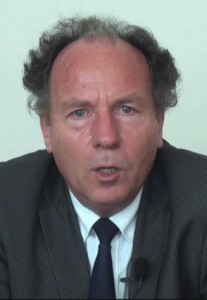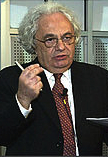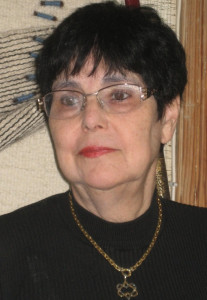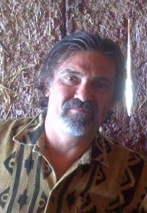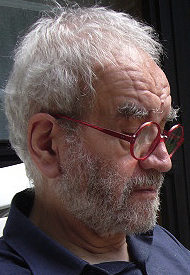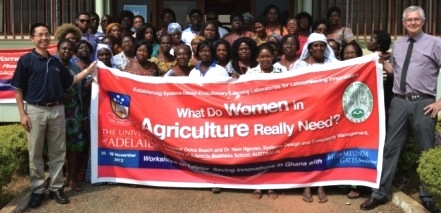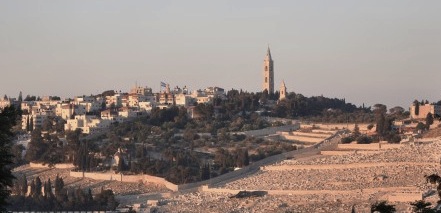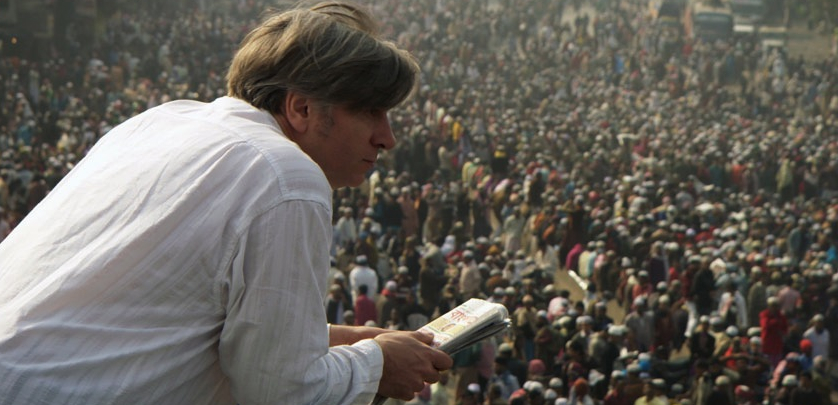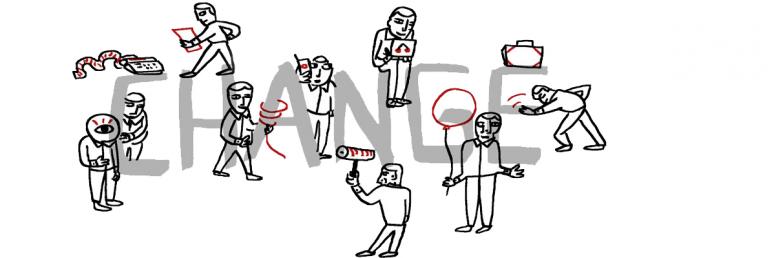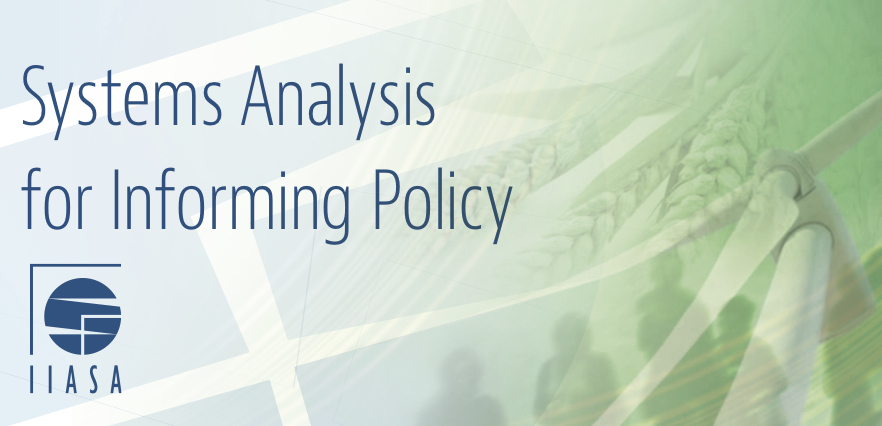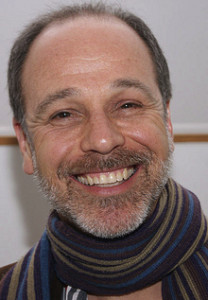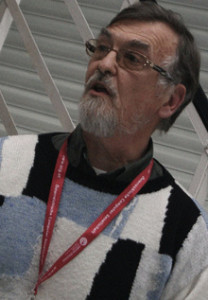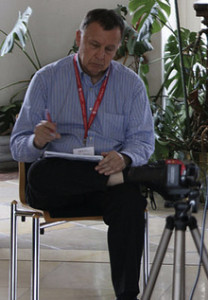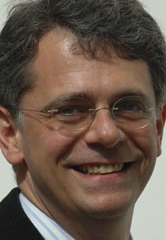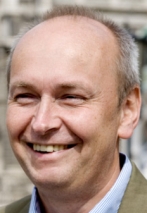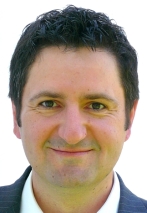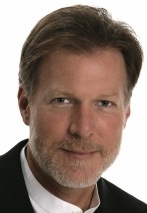EMCSR 2014:
Civilisation at the Crossroads –
Response and Responsibility of the Systems Sciences
Vienna, 22-25 April 2014
DOWNLOAD the detailed timetable of the overall meetings here!
DOWNLOAD the detailed programme with all dates, times, presentations and presenters of the overall meetings here!
Keynotes
Mario Bunge, Department of Philosophy, McGill University, Montreal, Canada
2014 Laureate of the Ludwig von Bertalanffy Award in Complexity Thinking
The need for both specialists and generalists. All the global problems call for a systemic approach, but most problems are local and can be handled in a sectoral fashion
John Collier, Philosophy and Ethics, University of KwaZulu-Natal, Durban, South Africa
A dynamical interpretation of emergence and its consequences
Markus Schwaninger, Institute of Management, University of St. Gallen, Switzerland
2014 IFSR W. Ross Ashby Memorial Lecture
Organizing for Sustainability
Theme Speeches
Marianne Penker, Institute for Sustainable Economic Development, Department of Economics and Social Sciences, BOKU University of Natural Resources and Life Sciences, Vienna
(Theme Speech I)
Systems knowledge and beyond – contributions of research to sustainable development
Pierre Bricage, University of Pau and Pays de l’Adour, Pau, France
(Theme Speech II)
Associations for the Reciprocal and Mutual Sharing of Advantages and DisAdvantages
Bernd-Olaf Küppers, Frege Centre for Structural Sciences, University of Jena, Germany
(Theme Speech III)
Understanding complexity: towards a technology of knowledge
Distinguished Lectures
Gerhard Banse, Institute for Technology Assessment and Systems Analysis (ITAS), Karlsruhe; and Leibniz-Sozietät der Wissenschaften zu Berlin e.V., Germany
Sustainable Development – Technology – Culture. Remarks to their Relationships
Basarab Nicolescu, International Center for Transdisciplinary Research and Studies (CIRET), Paris; and Professor Extraordinary at the School of Public Leadership, Stellenbosch University, South Africa
Methodology of Transdisciplinarity: Its Importance for Building Sustainable Futures
Andrée Piecq, General Secretary, UES-EUS; Honorary President, S&O; and founder and Scientific director of G.I.R.O.S, Belgium
Claude Lambert, President, S&O; G.I.R.O.S., Belgium; and Complexitude Workgroup, France
How to develop an “open” future: is it possible to take advantage of coherence and incoherence?
Antonino Saggio, University of Rome, nITRo Saggio, Italy
Urban Green Line a new Infrastructure for Rome between past and future
Robert Trappl, Austrian Research Institute for Artificial Intelligence (OFAI); and Center for Brain Research, Medical University of Vienna, Austria
Ethics for robots?
Demonstrations
Evolutionary Learning Labs
Ockie Bosch, Nam Nguyen and Kailash Krishnamurthi present the success story and the future opportunities of the ELLabs with vibrant projects in South East Asia and Sub-Saharan Africa
Shifting the dominant peace and security paradigm of the Israel/Palestine conflict
Ofer Zalzberg and Sami Aburoza explore systemic dimensions
(photo: HKI)
Population Boom
Cinema show and discussion with film-maker Werner Boote
(photo: Nikolaus Geyrhalter Filmproduktion GmbH)
Systemic Excellence Group
Louis Klein will tell his personal entrepreneurial story of walking the talk to become a systemic organisation
Systems Analysis for Informing Policy
The International Institute for Applied Systems Analysis (IIASA) presents current projects
(picture: IIASA)
WELTribe – World Evolutionary Learning Tribe
Alexander Laszlo will present the vision and start up of a global community to curate the conditions for a thrivable planet
PhD Colloquium and Award
Chairs, PhD Colloquium and Award Committee
Alexander Laszlo (ISSS), Pierre Bricage (IASCYS), and Peter Fleissner (BCSSS)
Scientists of pre-doctorate and early post-doctorate stage are encouraged to present and discuss inter- and transdisciplinary research papers at the special EMCSR 2014 PhD Colloquium & Award scheme. The EMCSR 2014 PhD Colloquium & Award (EMCSR PhD Day) is designed to facilitate the distribution and discussion of inter- and transdisciplinary research work of pre-doctoral and early post-doctoral scientists in all fields within the scope of the EMCSR 2014.
Symposia
Symposia call for papers along the following thematic lines:
I. Sustainability and Development
Theme Chair
André Martinuzzi, Institute for Managing Sustainability, Vienna University of Economics and Business (WU), Vienna, Austria
Applications
I.A.1. Disasters: Prevention, preparation and response
I.A.2. Economic systems change: Contributions to an inclusive and sustainable society
Bridge
I.B. Impacts for sustainability: Epistemology and research activism
Concepts
I.C.1. Corporate social responsibility: Multilevel foundations towards a new holistic framework of CSR and a new concept of economic value
I.C.2. Social and environmental responsibility: Balancing individual and collective actions (IASCYS Symposium)
II. Emergence and Design
Theme Chairs
Markus Peschl, University of Vienna, Austria, & Stefan Blachfellner, Bertalanffy Center for the Study of Systems Science, Vienna, Austria
Applications
II.A.1. Architectural ecologies: Code, culture and technology at the convergence
II.A.2. Sustainability, ethics and the cyberspace
II.A.3. Urban systems research
II.A.4. Game-based learning in systems thinking
Bridge
II.B. Emergent Design
Concepts
II.C.1. Bertalanffy and beyond: Improving systemics for a better future
II.C.2. Ethics from systems: The philosophical perspective
II.C.3. Emergence in social systems theories and social science: Clarifications and applications
III. Complexity and Strategy
Theme Chair
Gary Metcalf, International Federation for Systems Research, Saybrook University, San Francisco, USA
Applications
III.A.1. Systemic consulting
III.A.2. Systemic project management
III.A.3. Country development in a time of globalisation
III.A.4. Risks in supply chain networks
III.A.5. Social and technical “volatility”: Commonly shared reference problem of interdisciplinary research on the energy system?
Bridge
III.B. Professional Systemics
Concepts
III.C.1. Unity through diversity: Learning in a complex world
III.C.2. Transdisciplinary responses to global challenges
III.C.3. Crossroads of civilisation from a synergetic point of view

